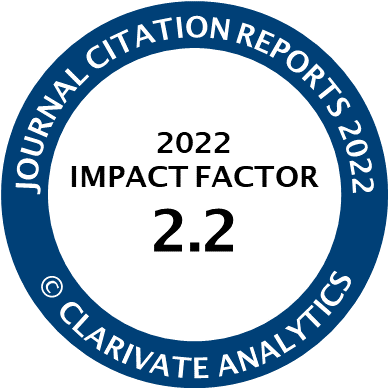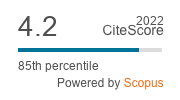Article | Open Access
Bringing Gender In? EU Foreign and Security Policy after Brexit
| Views: | 4794 | | | Downloads: | 3299 |
Abstract: In this article, we identify Brexit as a critical juncture, wherein the EU has had the opportunity to reflect on and reinforce its identity, as a promoter of gender issues within the security domain. It draws on this identity from a foundational myth of the EU as gender equality polity, resulting in the creation of a socio-legal order and sustained discourse on gender inclusivity in all policy areas. Existing scholarship has drawn attention to the EU’s particular success in gender equality promotion in the areas of social inclusion at member state level, including in the UK. But, is the EU’s reach comprehensive beyond this policy sphere? We examine the ways in which gender is manifested in the area of foreign policy, an area where the UK has consistently shown some leadership on the integration of gender perspectives in its foreign policy through its international development programmes and the implementation of the Women, Peace and Security agenda. It is therefore timely to consider what impact Brexit has on EU policies, practices and the promotion of gender equality in this policy domain. Using a critical feminist lens, this article looks at the evolution of gender equality as a dimension of EU foreign and security policy in the context of EU–UK relations, and the divergences, opportunities and constraints that are crystallised by the Brexit process.
Keywords: Brexit; critical feminism; EU; foreign policy; gender; gender equality; UK; women’s agency
Published:
© Toni Haastrup, Katharine A. M. Wright, Roberta Guerrina. This is an open access article distributed under the terms of the Creative Commons Attribution 4.0 license (http://creativecommons.org/licenses/by/4.0), which permits any use, distribution, and reproduction of the work without further permission provided the original author(s) and source are credited.




